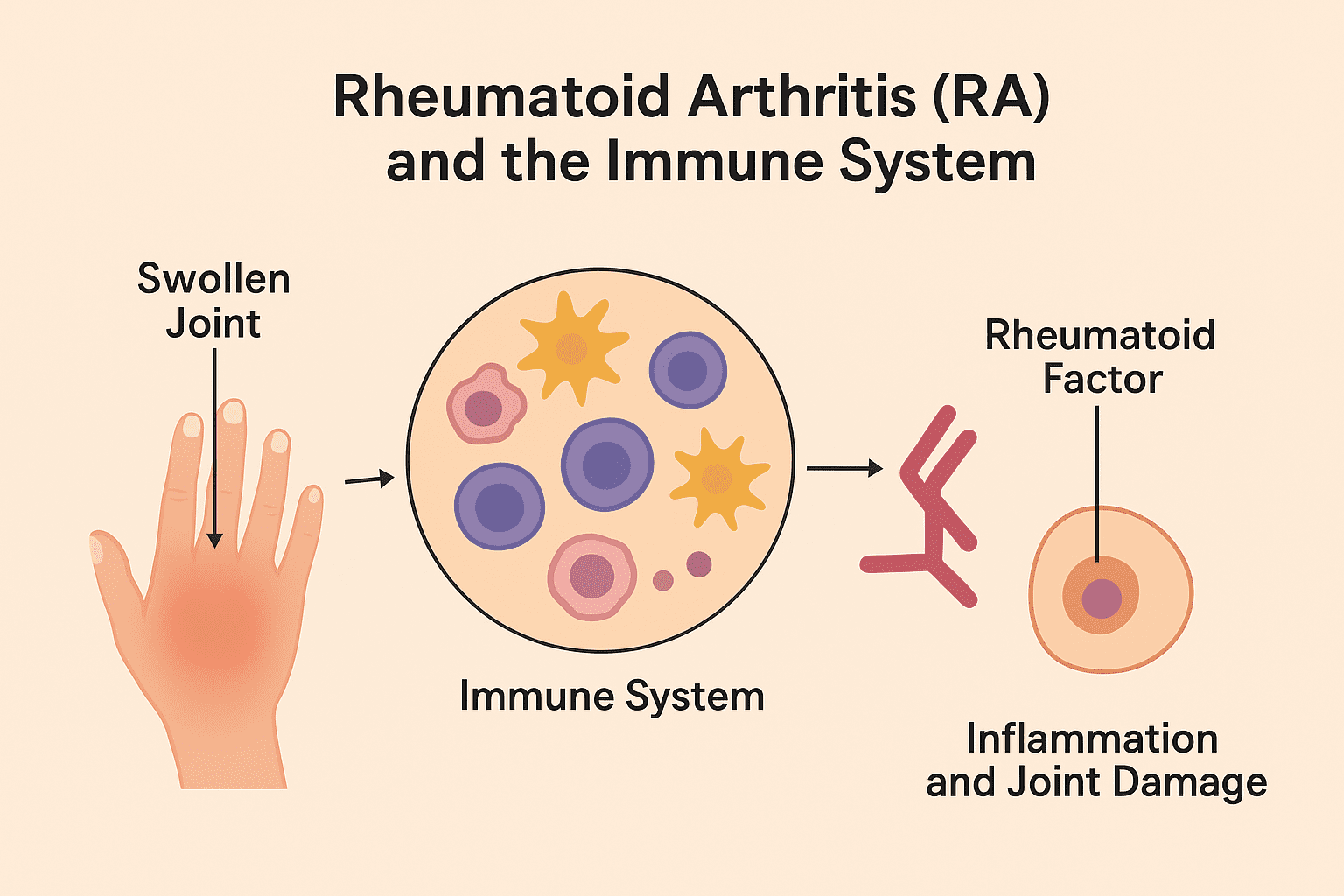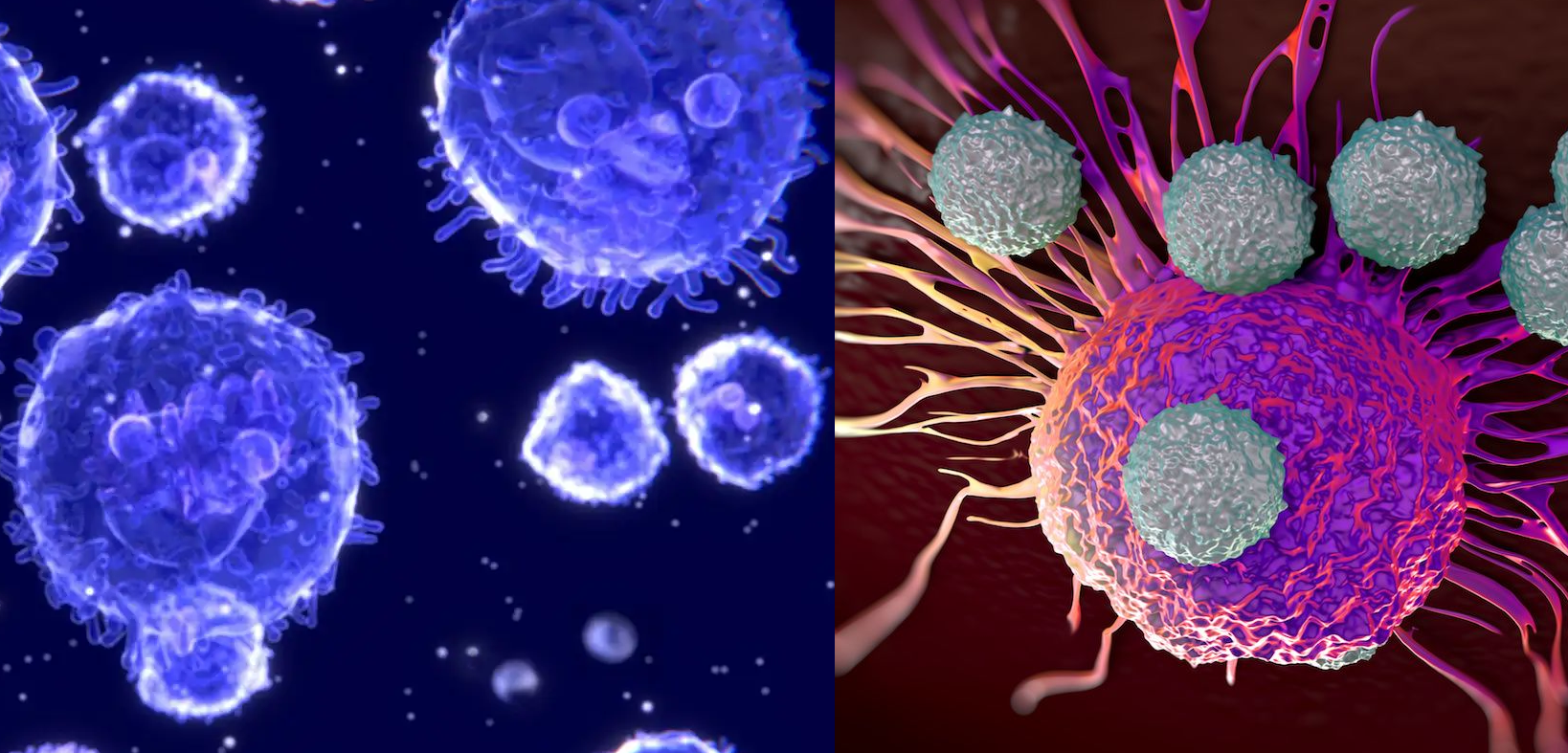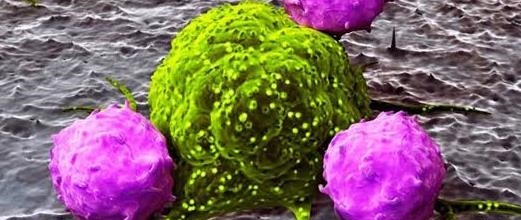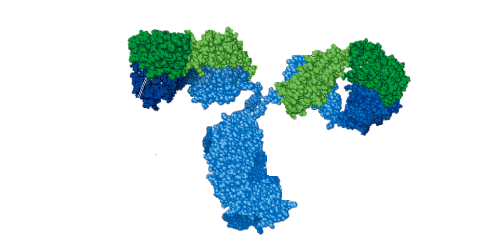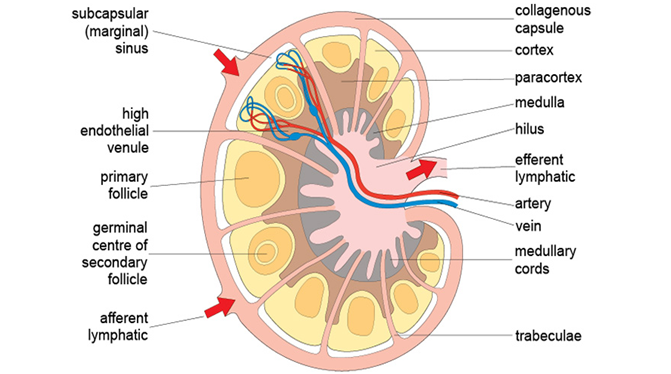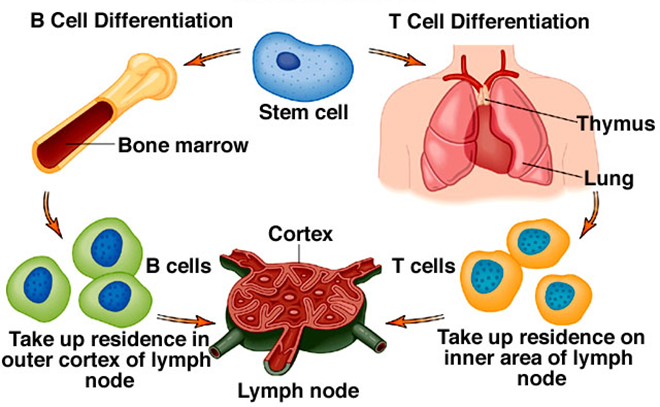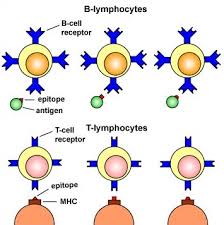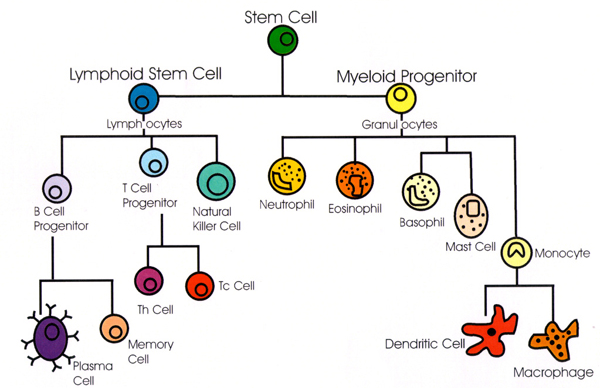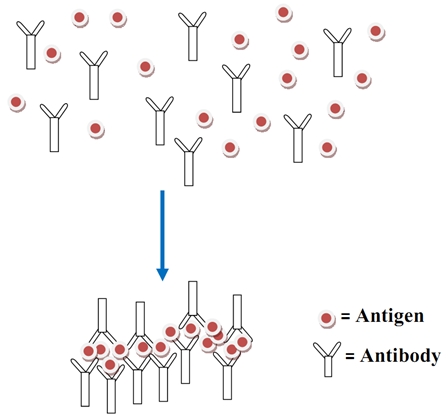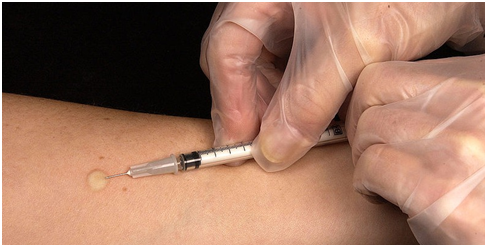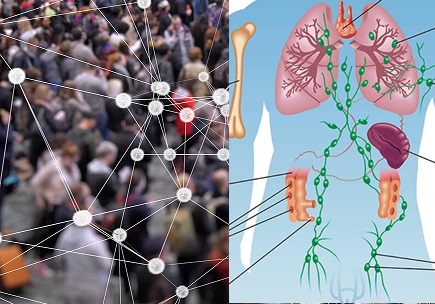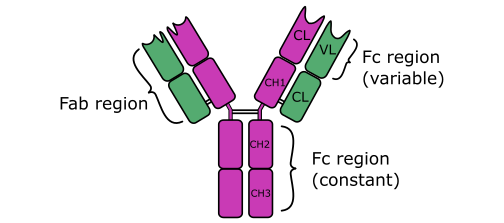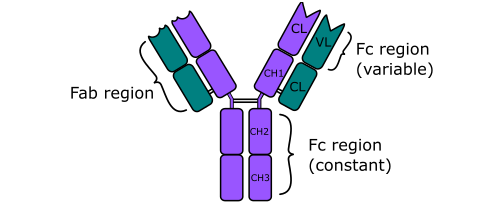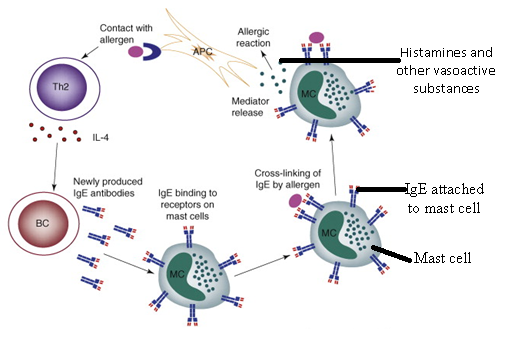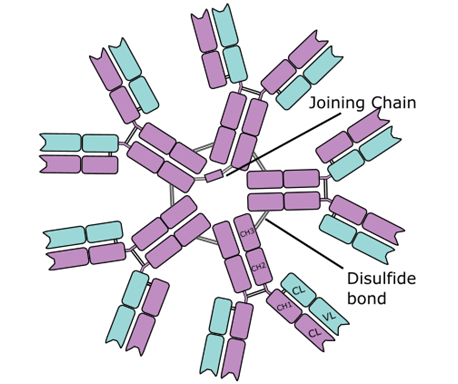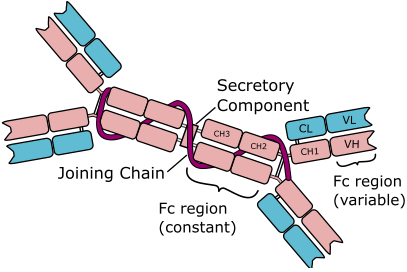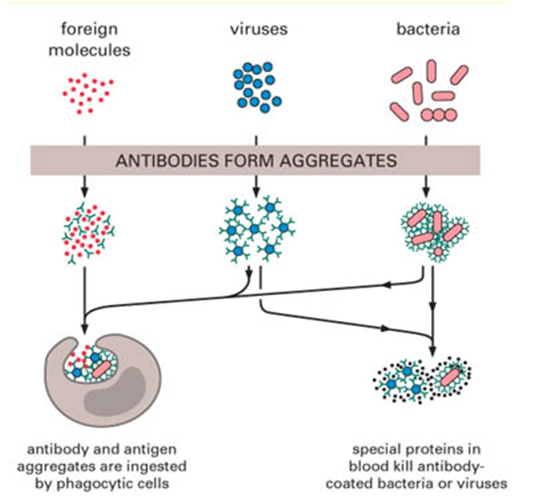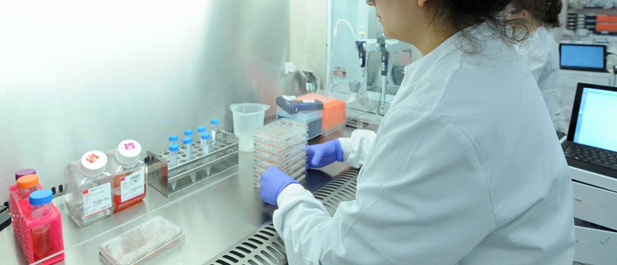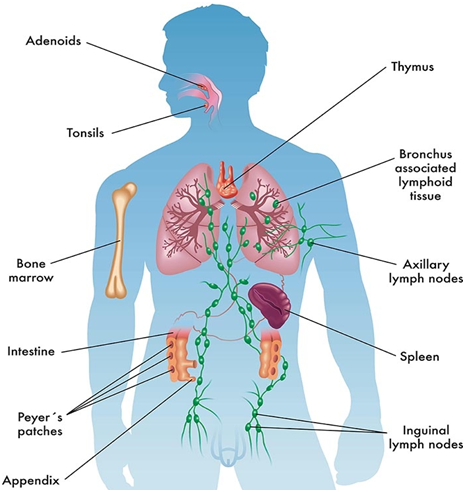Autoimmune diseases occur when the body’s immune system mistakenly attacks its own healthy cells and tissues, […]
Category: Immunology & Immune System
CELLS OF INNATE IMMUNITY: Activate Cells of Innate Immunity to Deliver Rapid, First-Line Host Defense
Innate immunity constitutes the evolutionarily conserved first line of host defense and is present across […]
INNATE IMMUNITY: Mechanisms of Early Host Defense Against Microbial Infection
Innate immunity constitutes the host’s intrinsic, evolutionarily conserved defense system and represents the first immunological […]
SIGNIFICANCE OF MONOCLONAL AND POLYCLONAL ANTIBODIES
The two basic forms in which antibodies can be produced in purified forms in the […]
ORGANS OF THE IMMUNE SYSTEM AND THEIR FUNCTION
The organs of the immune system are classically categorized into two principal groups: primary (central) […]
B CELL PRODUCTION
B cells are specialized type of lymphocytes that are responsible for the production of antibodies […]
MAJOR HISTOCOMPATIBILITY COMPLEX (MHC) MOLECULES
Major histocompatibility complex (MHC) moleculesalso known as human leukocyte antigens (HLA) complex are a large […]
IMMUNE SYSTEM CELLS AND THEIR FUNCTIONS
All blood and immune cells originate from hematopoietic stem cells within the bone marrow through […]
ANTIGEN-ANTIBODY REACTION
Antigen-antibody reaction is an immunological reaction in which a particular antibody molecule reacts with a […]
ELISA
ELISA is the acronym for “enzyme linked immunosorbent assay”. It is an immunoassay or serological […]
MANTOUX (TUBERCULIN) TEST
Mantoux (Tuberculin) Test is used as a laboratory diagnostic aid to detect reactions of individuals […]
HERD IMMUNITY
Herd immunity is a group resistance of a population against a particular disease and the […]
IMMUNOGLOBULIN D (IgD)
Immunoglobulin D (IgD) is an antibody with the basic four polypeptide structure of an immunoglobulin […]
IMMUNOGLOBULIN G (IgG): Structure, Function, and Clinical Significance
Structural Characteristics and Molecular Properties Immunoglobulin G (IgG) is a monomeric antibody that represents the […]
IMMUNOGLOBULIN E (IgE)
Immunoglobulin E (IgE) is an antibody that is known to bind to host tissue cells […]
IMMUNOGLOBULIN M (IgM)
Immunoglobulin M (IgM) is an antibody that mainly exist as a pentamer i.e. it consists […]
COLOSTRUM
Colostrum is the first secretion of the mammary gland (breast) produced before proper lactation commences […]
IMMUNOGLOBULIN A (IgA)
Immunoglobulin A (IgA) is an antibody found in serum (as a monomer of about 150,000 […]
TYPES OF ANTIBODIES
Immunoglobulins do not actually kill or eliminate pathogenic microorganisms or antigens from the body. The […]
ANTIBODIES (Immunoglobulins)
Antibodies are soluble protein molecules produced by the B cells of the immune system in […]
CHARACTERISTICS OF ANTIGENS
However antigenic a foreign molecule/substance may be, to be immunogenic and qualify to be called […]
IMPORTANCE OF IMMUNIZATION
Immunization is the process whereby a person is made immune or resistant to an infectious […]
ANTIGEN RETRIEVAL PROTOCOL FOR PARAFFIN-EMBEDDED TISSUE
In the previous section on DEPARAFFINIZATION PRIOR TO IMMUNOHISTOCHEMISTRY STAINING, we looked at deparaffinization and […]
ANTIBODY SELECTION AND STAINING FOR IMMUNOHISTOCHEMISTRY
We have looked at deparaffinization and rehydration of paraffin-embedded tissue, as well as antigen-retrieval protocol […]
What is a stem cell?
A stem cell is a cell with the unique ability to develop into specialised cell types […]
ANTIGEN
Antigen is any substance or molecule that can trigger an immune response in an animal. […]
RESPONSES OF THE IMMUNE SYSTEM
The immune system is a complex system which consists of collection of cells, organs, tissues […]
HISTORY OF IMMUNOLOGY
Man’s interest in achieving some level of resistance to diseases and their causative agents (i.e. […]
Introduction to Immunology / Immune System
Immunology is simply defined as the study of how the immune system of a living […]


